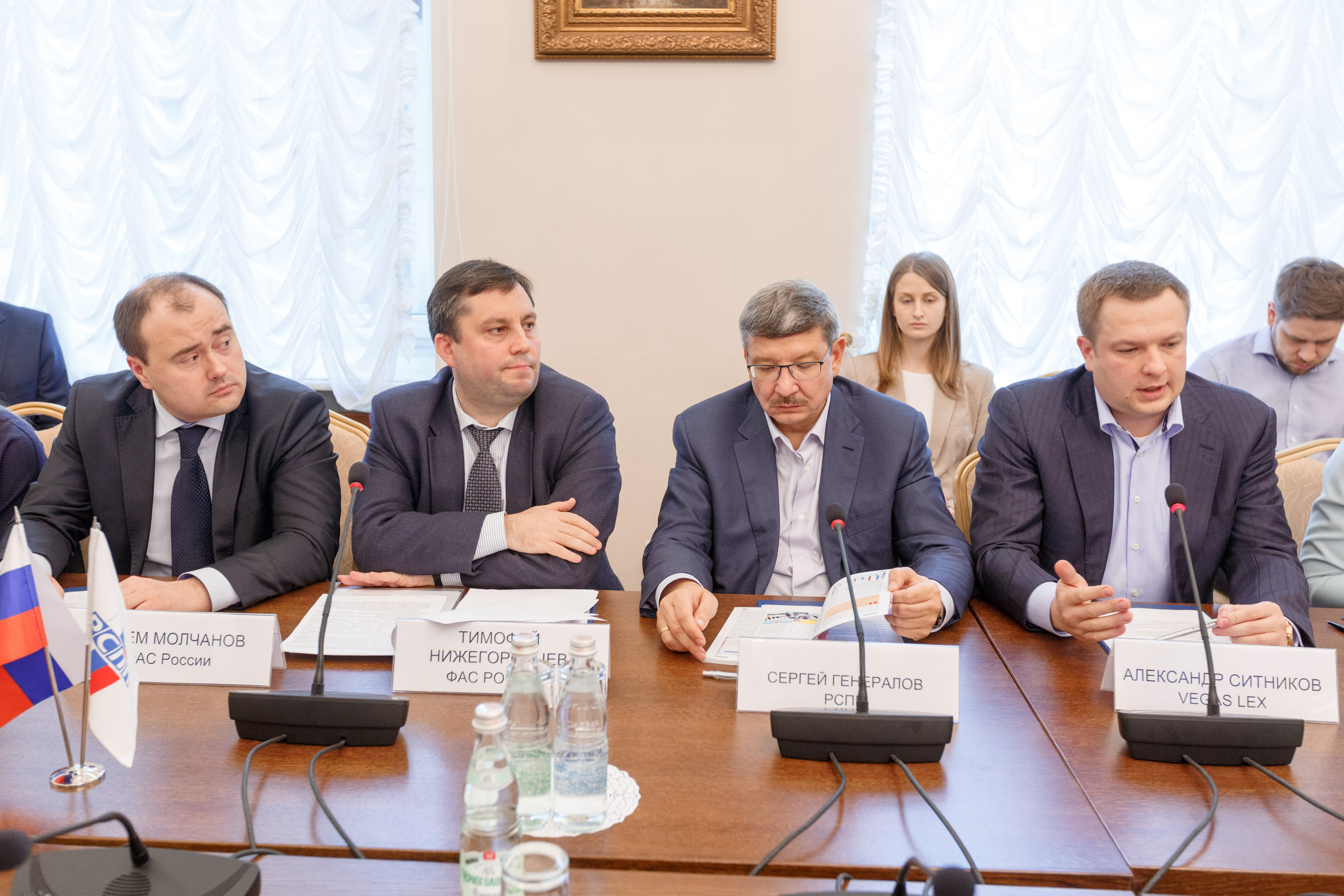|
15 April 2016 |
RSPP, FAS Russia, VEGAS LEX discuss implications of planned compulsory drug licensing in RussiaOn April 14, 2016, the VEGAS LEX law firm and the Competition Development Committee of the Russian Union of Industrialists and Entrepreneurs (RSPP), also involving representatives of the Federal Antimonopoly Service, held an expanded meeting chaired by RSPP Board member Sergey Generalov, devoted to Compulsory drug licensing in the context of growing competition: short-term and long-term prospects. The event was attended by leading foreign and domestic pharmaceutical companies and major industrialists. According to Mr. Generalov who opened the meeting, the government is currently considering a variety of tools to protect the domestic market. “These tools include compulsory licensing, parallel imports, and other restrictions on the use of intellectual property rights,” Mr. Generalov said. “FAS Russia initiated a discussion of the need to review approaches to patenting inventions to rule out the possibility of artificially extending the patent protection. That debate has led to the need to discuss the proposed regulations and their possible consequences for the domestic market competition and for the development of innovative industries in Russia, as well as the potential implications for the emerging common market of the Eurasian Economic Union.” Deputy Chairman of the RSPP Competition Development Committee, VEGAS LEX Managing Partner Alexander Sitnikov, cited a major disagreement that arose during the fourth antimonopoly package debate, triggered by the proposal to remove clauses providing immunity regarding the application of antitrust prohibitions to actions relating to the exercise of exclusive IP rights, from Article 10 of the Law on Protection of Competition. However, attempts to quickly find the right balance between the various market participants’ interests and to ensure proportional government interference in the civil commerce regulation, or the attempt to work out unambiguous criteria for distinguishing bona fide arrangements from those that harm economic development, have led to serious controversy and so the discussion continued. “The FAS-proposed compulsory licensing mechanism is not yet entirely clear. On the one hand, it can bring short-term benefits for consumers, yet in the long term negative aspects can emerge. For example, it can affect the right-holders’ interest in putting their products on market and investing in innovation,” Mr. Sitnikov pointed out. Head of the FAS Legal Department Artyom Molchanov said FAS Russia is now discussing intellectual property regulation, trying to assess if there are rules now that ensure the rights of those who own the intellectual activity results, as well as those who are entitled to goods and services that are produced using those results. Civil legislation already includes a few rules relating to compulsory licensing. Yet, there is no serious practice involving the application of this Article now, according to Mr. Molchanov. “We do have tools we can use without having to resort to an extreme measure like compulsory licensing to properly configure the IP protection system, to balance the procedures for consideration and refusal to issue selection patents,” said head of the FAS public services and retail oversight Timofey Nizhegorodtsev. “We could fine-tune other mechanisms to avoid compulsory licensing in some cases, but that does not negate the need to include compulsory licensing in the Civil Code, and a workable option thereof, so that it could actually be applied, if all the other measures fail to yield the desired result. This is what the FAS aims for. We do not suggest using compulsory licensing in all cases, but we expect it to be used as a last resort in situations threatening the life and health of large numbers of Russians, and only on the market for medicines,” he emphasized. Maria Borzova, Manager of Life sciences projects at VEGAS LEX, thoroughly spelled out the legal framework for compulsory drug licensing, talked about compulsory license clauses in the TRIPS agreement, discussed the specific features of the EAEU IP legislation, and cited examples of foreign legal systems that use compulsory licensing, pointing out potential risks of doing so in public healthcare. Head of Technology and Investment group Alexandra Vasyukhnova talked about other initiatives aimed at restricting exclusive rights and extending anti-monopoly control to issues affecting IP rights. The expert also listed the key problems of law enforcement in the IP rights protection sphere and suggested possible solutions. Deputy Head of the RSPP Competition Development Committee Tatyana Kamenskaya cited examples of international IP regulation tools that can be borrowed. The experts’ presentations were followed by other committee members and guests. In conclusion, Mr. Generalov thanked all the participants and voiced the general opinion that the dialogue has been productive. Turning to the FAS experts, he said the Committee would draft proposals and comments and send them to FAS Russia for further discussion. *** For more information on VEGAS LEX’s services in the pharmaceutical market, please go here. For more information on VEGAS LEX’s projects in the Intellectual Property sphere, click here.
Photos provided by Ignat Solovey / Press-service of the RSPP
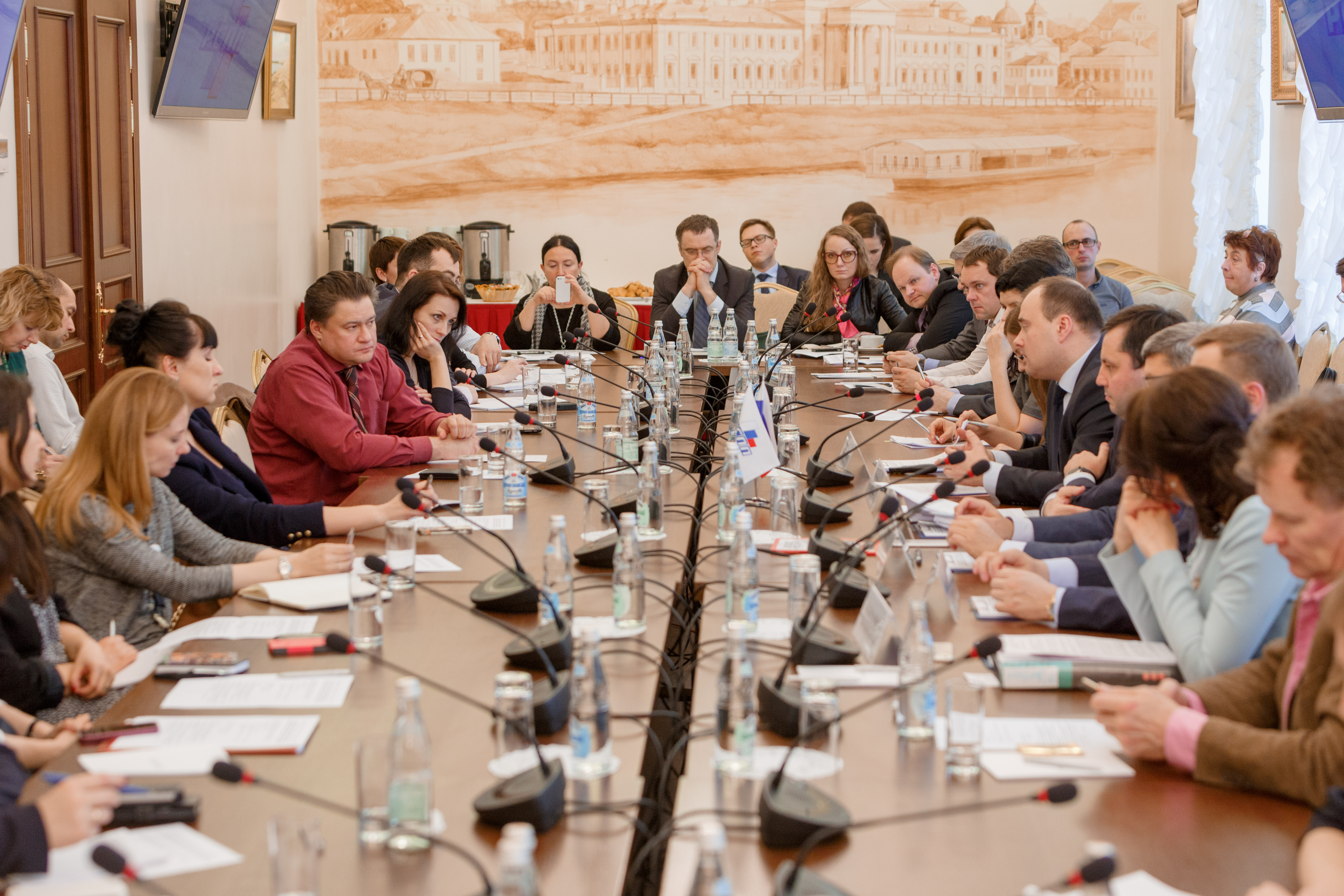 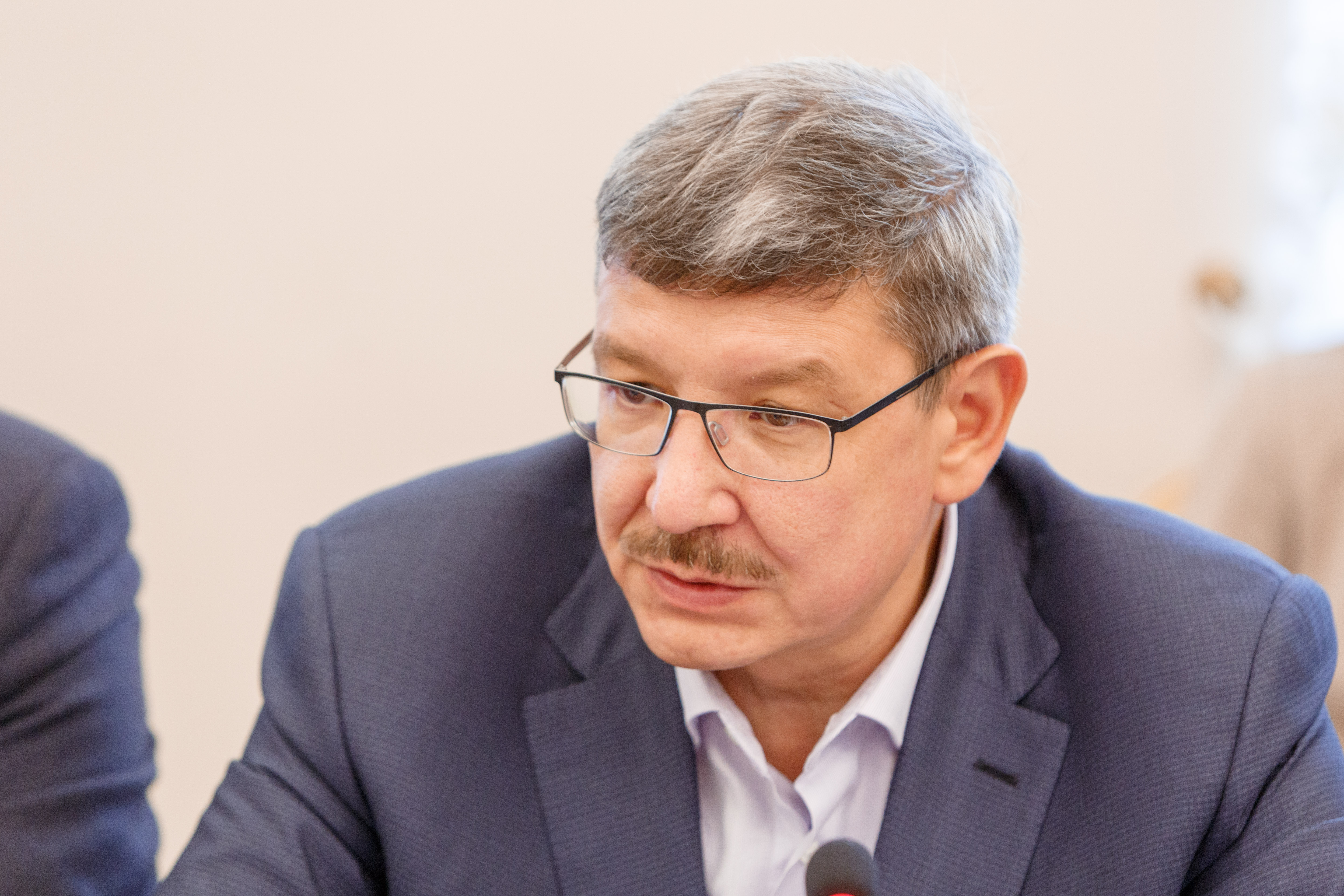 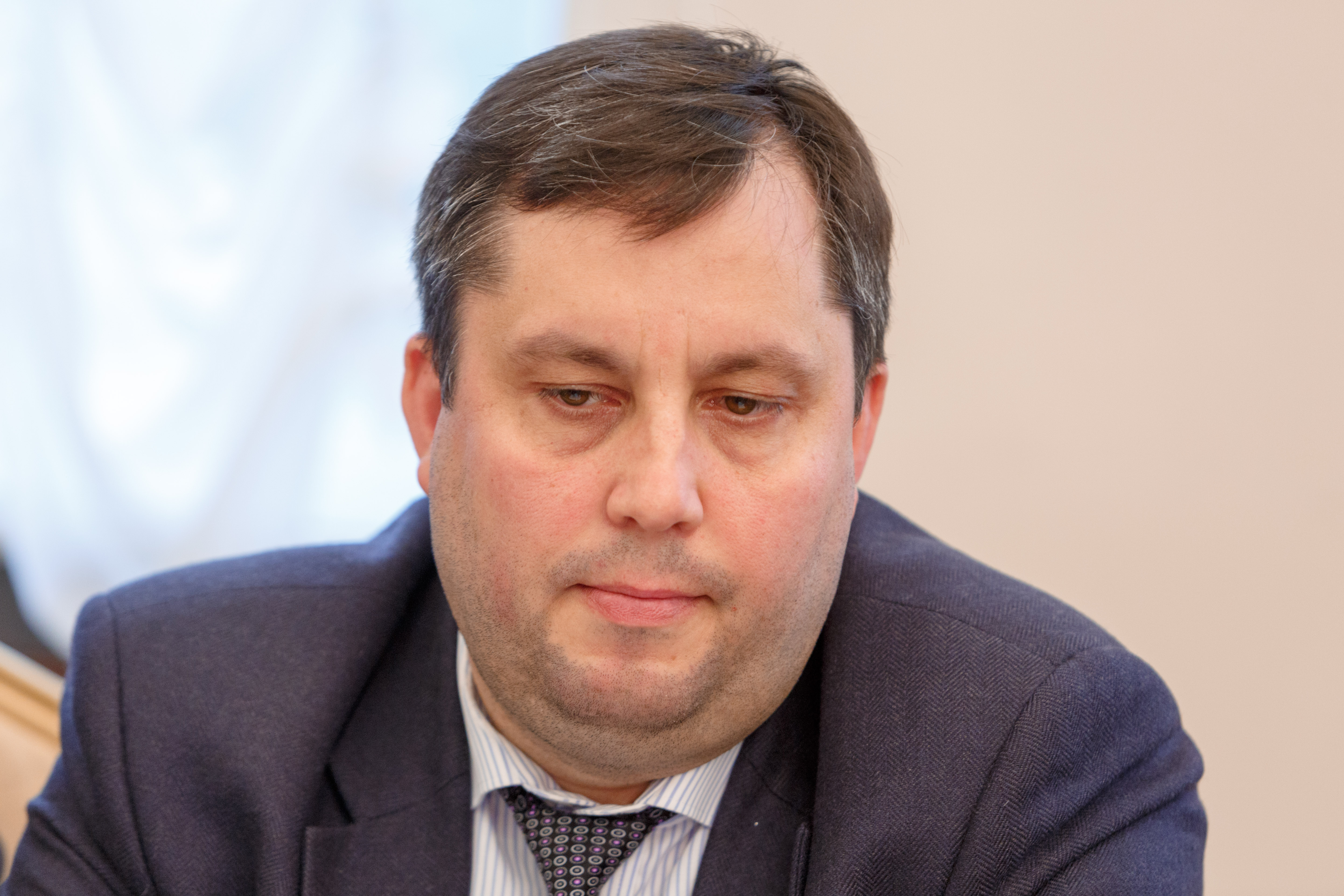 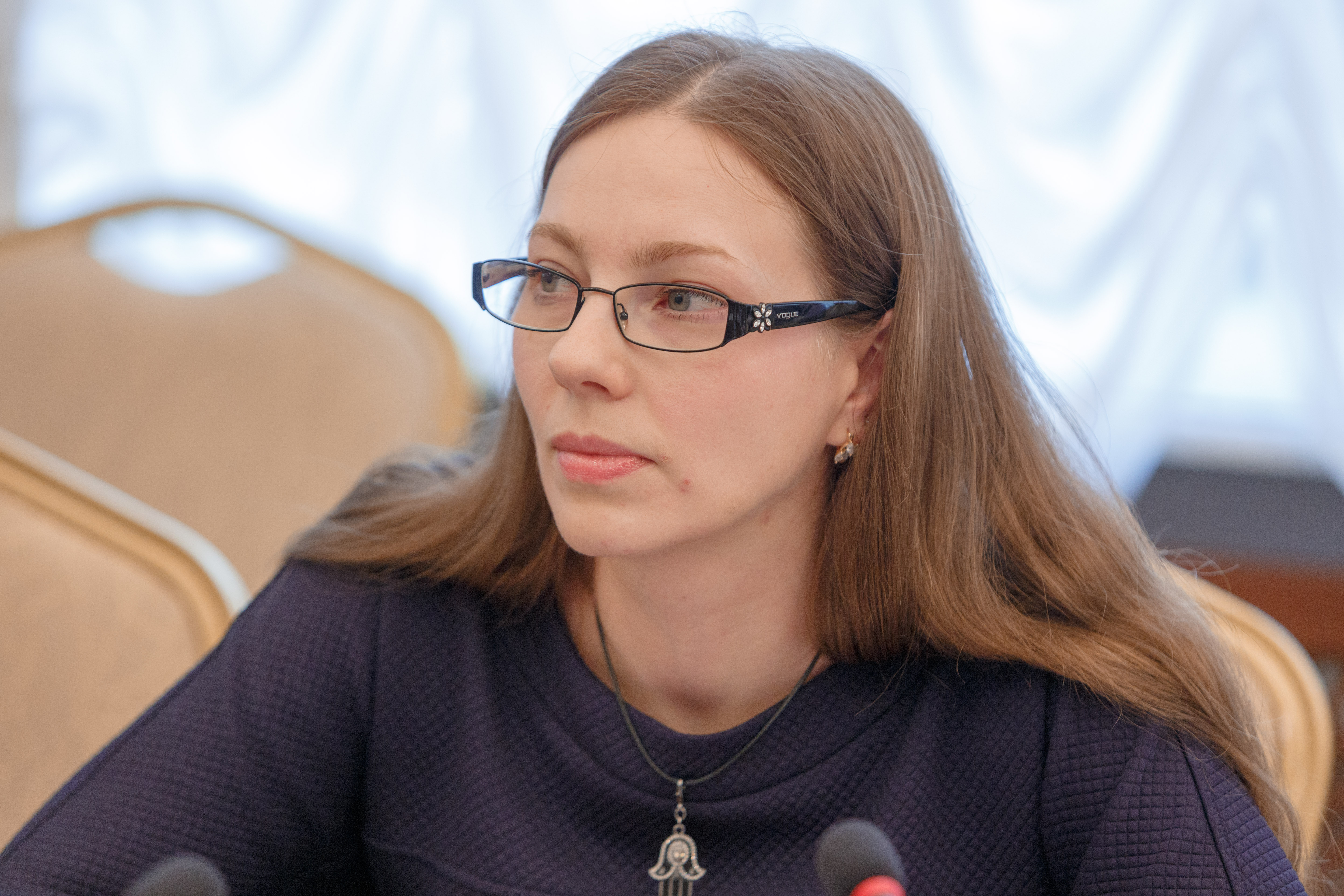 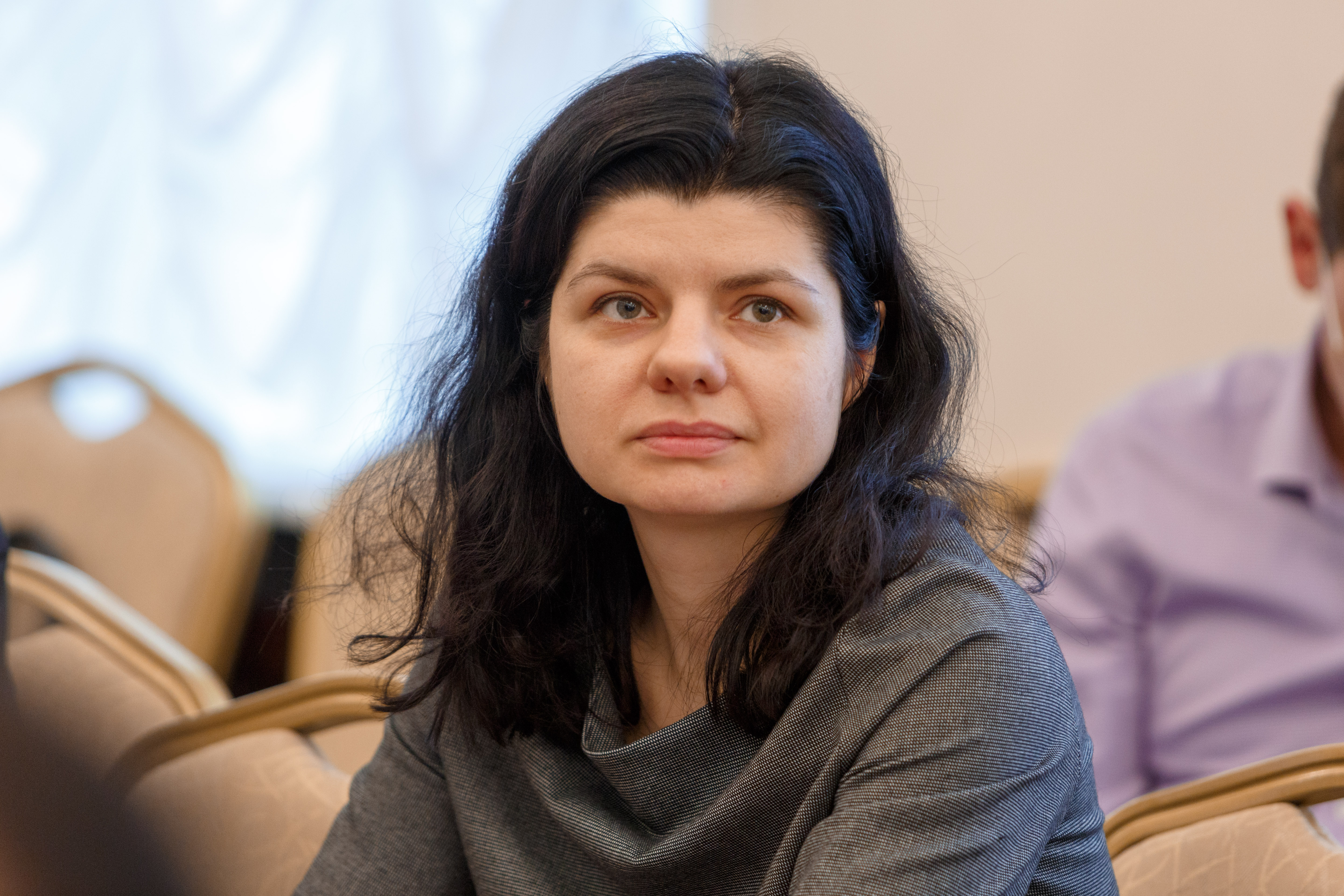 |

